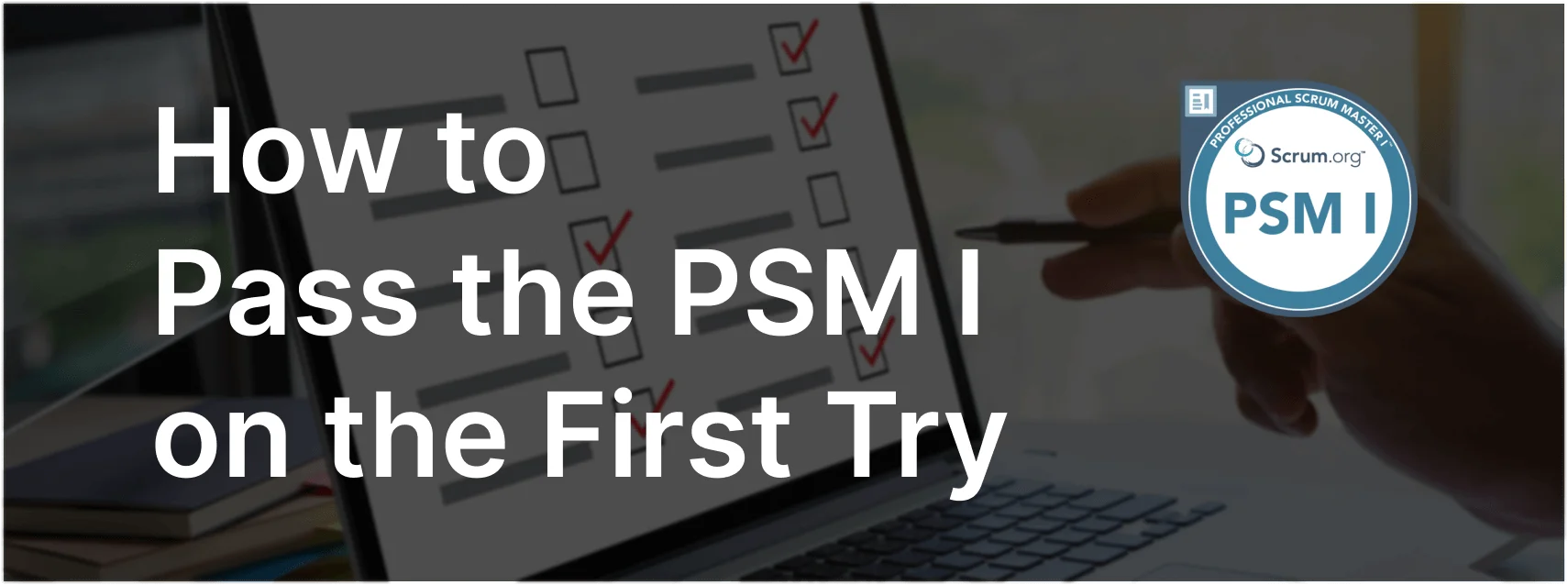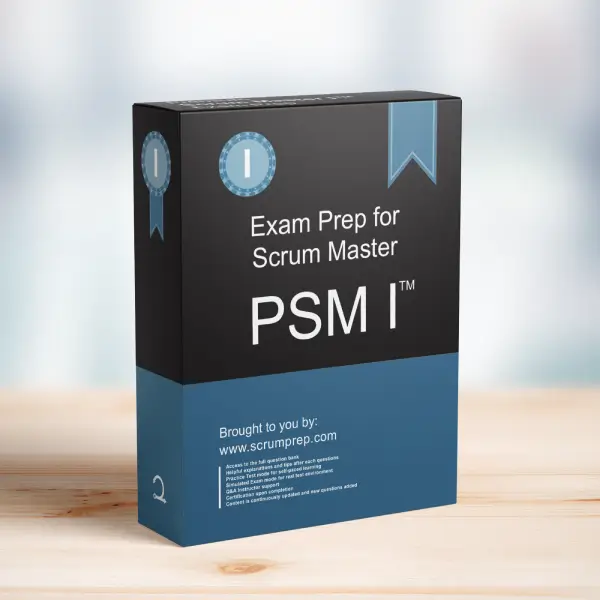Producing Valuable Increments in Scrum
In Scrum, the approach to producing valuable increments is critical for delivering high-quality products that meet stakeholder needs. Here’s an analysis of an exam question related to the best approach for Scrum Teams:
Exam Question
Which approach is best for Scrum Teams in order to produce valuable Increments? (choose the best answer)
- A. Each Scrum Team is accountable for developing functionality from beginning to end.
- B. Each Developer works on the component where they feel they can contribute.
- C. Each Scrum Member works only as an independent layer of the system.
- D. Each Scrum Team works on an independent set of components.
Correct Answer
A. Each Scrum Team is accountable for developing functionality from beginning to end.
Explanation
Why A is Correct
Scrum Teams are designed to be cross-functional and self-organizing, with the capability to develop complete increments of functionality from start to finish. This approach ensures that the team can deliver potentially shippable product increments that provide value to stakeholders.
Key Points about Developing Functionality from Beginning to End:
- Cross-Functional Teams: Scrum Teams consist of members with diverse skills who work together to deliver a complete increment of functionality. This eliminates dependencies on external teams and allows for faster and more efficient delivery.
- End-to-End Accountability: Each Scrum Team is accountable for all aspects of development, from requirements gathering and design to coding, testing, and deployment. This ensures that the team can address any issues that arise and maintain high quality throughout the development process.
- Collaboration and Integration: By working on functionality from beginning to end, Scrum Teams ensure that all components of the product are well-integrated and meet the overall product vision and goals.
Examining the Other Options
B. Each Developer works on the component where they feel they can contribute: While it is important for developers to work on areas where they can contribute effectively, this option does not ensure that the team can deliver a complete and valuable increment. It may lead to fragmented development and integration issues.
C. Each Scrum Member works only as an independent layer of the system: This approach contradicts the principle of cross-functional teams. Working in isolated layers can create silos and hinder collaboration, leading to integration challenges and lower overall product quality.
D. Each Scrum Team works on an independent set of components: While multiple Scrum Teams can work on different components, each team must still be accountable for delivering complete functionality. Focusing solely on independent components without considering end-to-end functionality can result in disjointed increments that do not deliver value.
Roles and Responsibilities in Scrum
- Developers: Work on all tasks required to create a product increment, including coding, testing, designing, and integrating.
- Scrum Master: Facilitates the Scrum process, helps remove impediments, and ensures the team follows Scrum principles.
- Product Owner: Manages the Product Backlog, prioritizes items based on stakeholder input, and ensures the team works on the most valuable tasks.
Relevance to the PSM I Exam
Understanding the best approach for Scrum Teams to produce valuable increments is crucial for the PSM I exam. This knowledge helps candidates recognize the importance of cross-functional teams and end-to-end accountability in delivering high-quality products that meet stakeholder needs.
Conclusion
For Scrum Teams to produce valuable increments, they must be accountable for developing functionality from beginning to end. This approach ensures that the team can deliver well-integrated, high-quality product increments that provide value to stakeholders. Mastering this concept is essential for successfully implementing Scrum practices and preparing for the PSM I exam.
For comprehensive preparation and practice exams, check out PSM I Exam Prep to enhance your understanding and application of Scrum principles.



